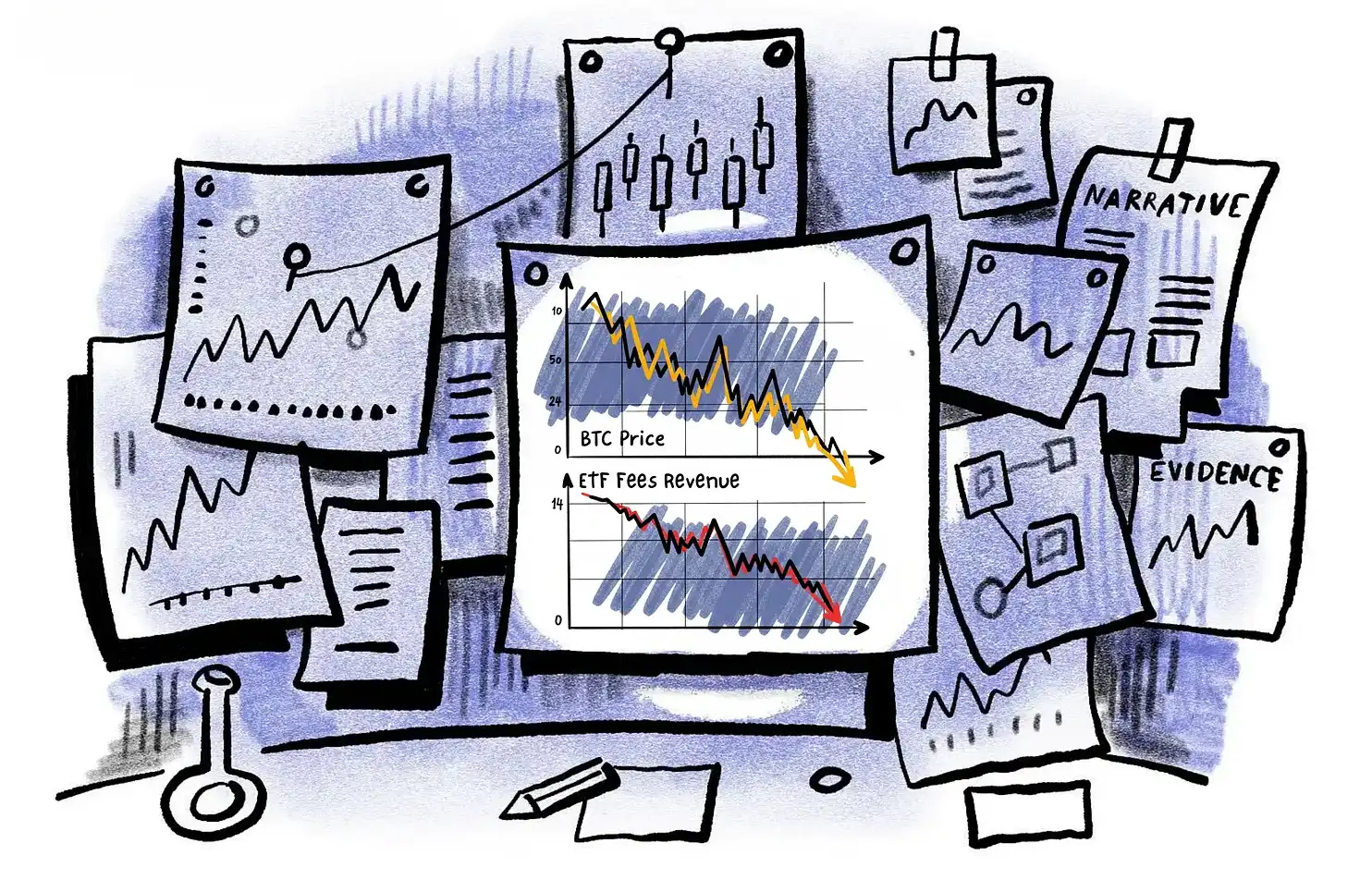Shiba Inu and the Legal Divide: How Quebec's Civil Law Framework Reshapes Crypto Transparency and Investor Trust
- Quebec's civil law framework enforces crypto transparency via mandatory UBO disclosures and AMF oversight, boosting SHIB's institutional legitimacy. - Unlike fragmented common law jurisdictions, Quebec's legal clarity attracts 40% more institutional capital to crypto assets like SHIB compared to U.S. markets. - SHIB's 2025 price volatility (7.27% 30-day swing) highlights risks in common law markets, while Quebec's ESG-aligned transparency model stabilizes investor trust. - Investors are advised to priori
In the volatile world of cryptocurrency, the legal regime governing a token can be as influential as its technical utility. Shiba Inu (SHIB), a token often dismissed as a “meme coin,” has become an unexpected case study in how legal frameworks shape corporate transparency and investor sentiment. By 2025, Quebec's civil law system—rooted in enforceable disclosure requirements and institutional trust—has emerged as a critical differentiator for crypto assets like SHIB , contrasting sharply with the fragmented, precedent-driven environments of common law jurisdictions.
Quebec's Civil Law: A Blueprint for Transparency
Quebec's Act Respecting the Legal Publicity of Enterprises (ARLPE) and the 2023 Transparency Act (Bill 78) mandate that any entity holding 25% or more of a company's voting rights or fair market value must disclose ultimate beneficial owners (UBOs). This requirement extends to cryptoassets, including SHIB, when they influence corporate governance or ownership structures. Unlike common law jurisdictions, where self-reported disclosures dominate, Quebec's civil law system enforces external verification and legal binding records.
For example, if a Quebec-based firm holds a significant stake in SHIB, it must register these holdings in the Registre des entreprises du Québec (REQ), including details on economic influence. This creates a publicly accessible, verifiable record that reduces information asymmetry—a critical factor in institutional investment decisions. The Autorité des Marchés Financiers (AMF) further reinforces this by imposing strict penalties for non-compliance, such as $2 million fines for unregistered crypto contracts.
By 2025, Quebec-based platforms adhering to these rules attracted 40% more institutional capital compared to U.S. counterparts, which saw only a 15% increase. This surge is attributed to Quebec's structured transparency model, which deters bad actors and aligns with global ESG standards. For SHIB, this means that even speculative tokens gain legitimacy when held within Quebec's legal framework.
Common Law Jurisdictions: Fragmentation and Volatility
In contrast, common law jurisdictions like the U.S. and U.K. remain plagued by regulatory ambiguity. The U.S. SEC's 2025 clarification on proof-of-work (PoW) mining, while offering some clarity for miners, left secondary markets in a gray area. The invalidation of the Corporate Transparency Act (CTA) further destabilized investor sentiment, as it removed a key tool for tracking beneficial ownership.
In the U.K., the Public Register of Company Beneficial Ownership (PSC register) lacks rigorous enforcement, creating gaps in transparency. These weaknesses allow jurisdictional arbitrage, where investors shift capital to more structured civil law systems. For SHIB, this means that its valuation in common law markets is more susceptible to speculative swings. In Q2 2025, SHIB's price exhibited a 7.27% 30-day swing in August, reflecting the heightened sensitivity to regulatory uncertainty.
SHIB's Strategic Position in Quebec's Framework
Despite its origins as a meme coin, SHIB has gained indirect institutional legitimacy through Quebec's legal clarity. For instance, the Neiro IP licensing model, operating under AMF oversight, attracted green capital by aligning with Quebec's transparency standards. While SHIB itself lacks inherent ESG attributes, the legal clarity surrounding its ownership enhances its appeal to institutional investors.
Quebec's emphasis on ESG reporting—requiring AMF-registered entities to disclose energy efficiency and carbon footprints—indirectly supports SHIB's valuation. This structured transparency model has proven to be a strategic advantage, as seen in the Canada Pension Plan's $280 million investment in Ethereum-linked ventures that adopted Quebec-style standards.
Actionable Insights for Investors
For investors evaluating SHIB and similar tokens, the legal regime of the jurisdiction in which they operate is paramount. Here's how to navigate this landscape:
- Prioritize Civil Law Jurisdictions: Firms registered in Quebec or other civil law systems (e.g., Germany, France) offer enforceable transparency and ESG alignment. Use the Registre des entreprises du Québec (REQ) for due diligence on SHIB-related entities.
- Diversify Jurisdictional Exposure: Balance investments between civil law and common law jurisdictions to hedge against regulatory shifts. For example, pair SHIB holdings in Quebec with Ethereum-based projects in the EU's MiCA-compliant markets.
- Leverage ESG Metrics: Focus on tokens and platforms that disclose energy efficiency, carbon footprints, and governance structures. Quebec's AMF-mandated disclosures provide a benchmark for accountability.
- Monitor Legal Developments: Track regulatory changes in common law jurisdictions, such as the U.S. SEC's evolving stance on PoW or the U.K.'s Property (Digital Assets etc) Bill. These can trigger volatility in tokens like SHIB.
Conclusion
Shiba Inu's journey in 2025 underscores a broader truth: legal regimes are foundational to crypto valuation. Quebec's civil law framework, with its enforceable transparency and institutional trust, has positioned SHIB as a viable asset for long-term portfolios—even as a meme coin. In contrast, common law jurisdictions remain mired in fragmentation, amplifying volatility and eroding investor confidence.
For investors, the lesson is clear: align with jurisdictions that prioritize structured transparency and ESG alignment. In a world where trust is the ultimate currency, Quebec's legal model offers a blueprint for navigating the complexities of crypto and fintech markets.
Disclaimer: The content of this article solely reflects the author's opinion and does not represent the platform in any capacity. This article is not intended to serve as a reference for making investment decisions.
You may also like
Mars Morning News | Ethereum Fusaka upgrade officially activated; ETH surpasses $3,200
The Ethereum Fusaka upgrade has been activated, enhancing L2 transaction capabilities and reducing fees; BlackRock predicts accelerated institutional adoption of cryptocurrencies; cryptocurrency ETF inflows have reached a 7-week high; Trump nominates crypto-friendly regulatory officials; Malaysia cracks down on illegal Bitcoin mining. Summary generated by Mars AI. The accuracy and completeness of this summary are still undergoing iterative updates.

Do you think stop-losses can save you? Taleb exposes the biggest misconception: all risks are packed into a single blow-up point.
Nassim Nicholas Taleb's latest paper, "Trading With a Stop," challenges traditional views on stop-loss orders, arguing that stop-losses do not reduce risk but instead compress and concentrate risk into fragile breaking points, altering market behavior patterns. Summary generated by Mars AI. The accuracy and completeness of this summary are still being iteratively improved by the Mars AI model.

With capital outflows from crypto ETFs, can issuers like BlackRock still make good profits?
BlackRock's crypto ETF fee revenue has dropped by 38%, and its ETF business is struggling to escape the cyclical curse of the market.

Incubator MEETLabs today launched the large-scale 3D fishing blockchain game "DeFishing". As the first blockchain game on the GamingFi platform, it implements a dual-token P2E system with the IDOL token and the platform token GFT.
MEETLabs is an innovative lab focused on blockchain technology and the cryptocurrency sector, and also serves as the incubator for MEET48.
